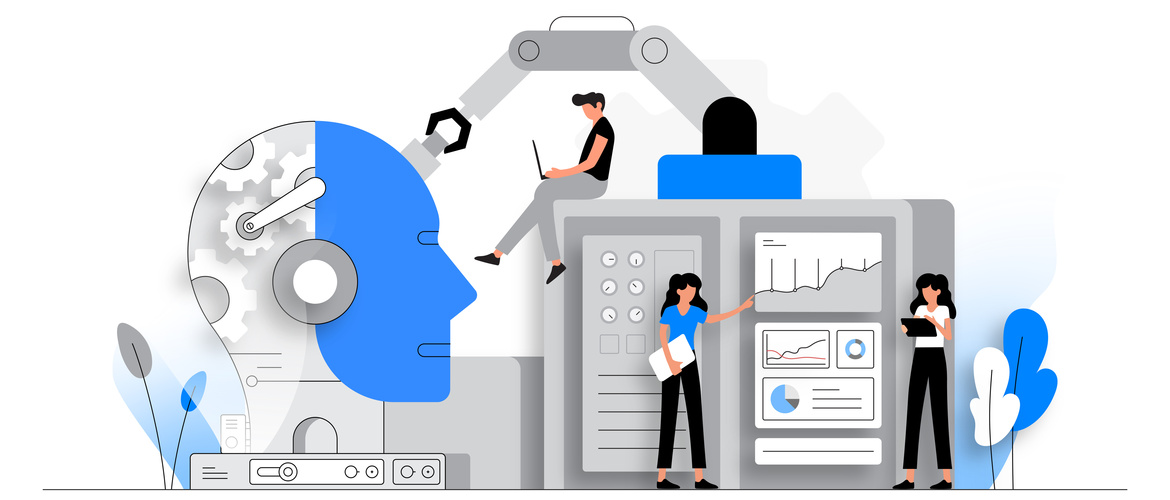
Choose a channel
Check out the different Progress in Mind content channels.

Progress in Mind

A thought-provoking final debate closed MDS Virtual Congress 2020. The motion—Will artificial intelligence outperform clinical judgement in the near future?—was defended by Professor Roongroj Bhidayasiri, Bangkok, Thailand, and opposed by Professor Christopher Goetz, Chicago, IL.
Professor Bhidayasiri highlighted how artificial intelligence (AI) is improving neurologic practice and patient outcomes. Professor Goetz counterargued that it has never been about AI versus human abilities, and that AI and humans are most potent when they cooperate. AI cannot mimic a physician’s empathy and neurologists will always be needed to refine digital and deep phenotyping for Parkinson’s disease (PD), he said.
AI and humans are most potent when they cooperate
The majority of voters—52% of 430 (and as it turned out, also Professor Bhidayasiri), agreed with Professor Goetz, whereas 25% voters agreed with Professor Bhidayasiri, and 24% voted for a tie.
AI can improve diagnostic accuracy
Defending the motion
The process from first seeing a patient to validating a diagnosis of PD can be depicted as a funnel, explained Professor Bhidayasiri, with:
AI cannot replace a neurologist’s empathy
The diagnostic accuracy of a PD diagnosis of 82.7% has not significantly improved over the past 25 years,2 he noted, but AI can improve diagnostic accuracy, for example:
Mobile health technologies will play an increasing role in future neurologic practice for patients with PD, said Professor Bhidayasiri, and the MDS Task Force on Technology has developed a roadmap for their implementation.8
Opposing the motion
AI cannot replace the non-linear working methods used by neurologists
AI provides many opportunities for improving the management of patients with PD, agreed Professor Goetz. For example, machine learning approaches providing an objective assessment of freezing of gait,9 an objective severity score from smartphone sensor data,10 and automatic detection of dyskinesias.11
However, AI cannot replace the empathy, clinical judgement, and non-linear working methods used by neurologists to improve outcomes for their patients.
It has never been about AI or humans, he concluded. Competent professionals will always be needed to interpret and refine AI, and AI and humans are most potent when they cooperate.
Our correspondent’s highlights from the symposium are meant as a fair representation of the scientific content presented. The views and opinions expressed on this page do not necessarily reflect those of Lundbeck.